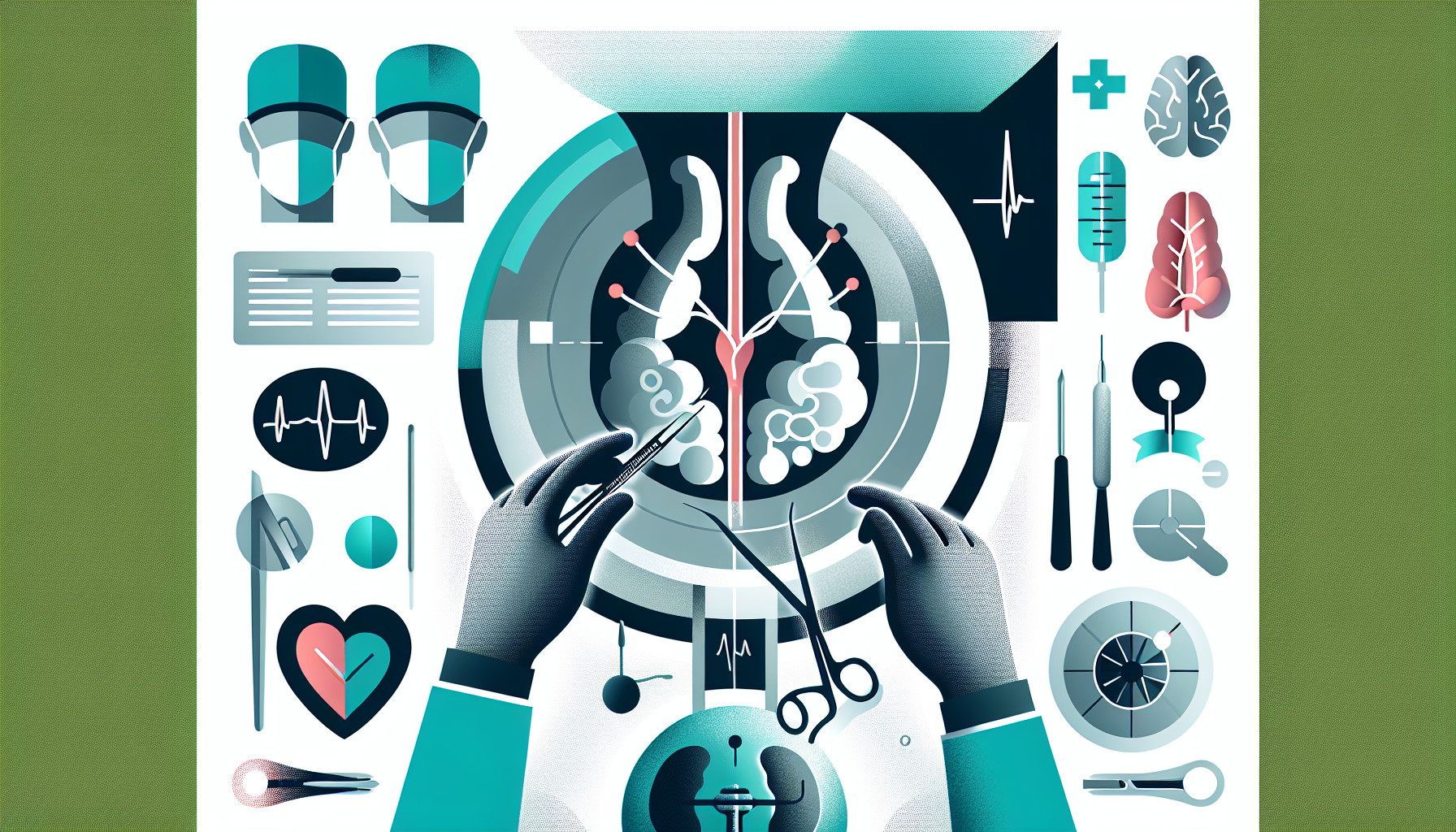Our Summary
This research paper discusses new strategies for placing a reservoir during a particular type of penile implant surgery. The reservoir is an important component of an inflatable penile prosthesis, which is a device used to treat erectile dysfunction.
Traditional methods often place this reservoir in an area known as the space of Retzius. However, this approach can be problematic for patients who have had previous pelvic surgery or radiation therapy.
New techniques and design improvements have led to alternative placement options. One such method, known as the high submuscular technique, places the reservoir in a different location - between the muscles of the abdominal wall and a layer of tissue known as the transversalis fascia. This is done without needing an additional incision and keeps the reservoir away from a sensitive area near the groin.
Recent studies have shown that this alternative placement method is both safe and effective. Therefore, this high submuscular placement of the reservoir can be a viable alternative to the traditional placement within the space of Retzius.
FAQs
- What are the emerging alternative strategies for reservoir placement during inflatable penile prosthesis surgery?
- What is the high submuscular technique in penile prosthesis surgery and how does it work?
- Is high submuscular inflatable penile prosthesis reservoir placement a safe and effective alternative to placement within the space of Retzius?
Doctor’s Tip
Tip: A doctor may advise a patient undergoing penile implant surgery to consider the high submuscular technique for reservoir placement as a safe and effective alternative to placement within the space of Retzius, especially for those with a history of pelvic surgery or radiation. This technique can help minimize potential complications and improve the overall success of the procedure.
Suitable For
Patients who are typically recommended for penile implant surgery include those with severe erectile dysfunction that has not responded to other treatments such as medication or vacuum erection devices. This may include patients with conditions such as diabetes, vascular disease, or spinal cord injury. Patients who have had pelvic surgery or radiation therapy that has resulted in damage to the blood vessels or nerves of the penis may also be candidates for penile implant surgery. Additionally, patients who have anatomical abnormalities or deformities of the penis that prevent satisfactory sexual intercourse may also benefit from penile implant surgery.
Timeline
Before penile implant surgery:
- Patient consults with urologist to discuss erectile dysfunction and treatment options.
- Patient undergoes physical examination and diagnostic tests to determine if they are a candidate for penile implant surgery.
- Patient and urologist discuss the risks and benefits of the procedure, as well as the different types of penile implants available.
- Patient may need to make lifestyle changes or undergo counseling before surgery.
After penile implant surgery:
- Patient undergoes the surgical procedure to implant the penile prosthesis, which typically takes a few hours under general anesthesia.
- Patient may experience pain, swelling, and discomfort in the days following surgery.
- Patient is advised to refrain from sexual activity and heavy lifting for a few weeks to allow for proper healing.
- Patient may need to return to the urologist for follow-up appointments to monitor their progress and ensure the implant is functioning properly.
- Patient may need to undergo rehabilitation exercises to help with recovery and to ensure optimal function of the penile implant.
What to Ask Your Doctor
- What are the risks and benefits of penile implant surgery?
- What is the success rate of penile implant surgery?
- What is the recovery process like after penile implant surgery?
- How long will the penile implant last?
- Are there any lifestyle changes I will need to make after the surgery?
- What type of anesthesia will be used during the surgery?
- How experienced are you in performing penile implant surgeries?
- What are the potential complications of penile implant surgery?
- Will I still be able to achieve orgasm after the surgery?
- Will the penile implant affect sensation or pleasure during sexual activity?
Reference
Authors: Hudak SJ. Journal: Curr Urol Rep. 2019 Jan 28;20(2):8. doi: 10.1007/s11934-019-0871-y. PMID: 30689131
